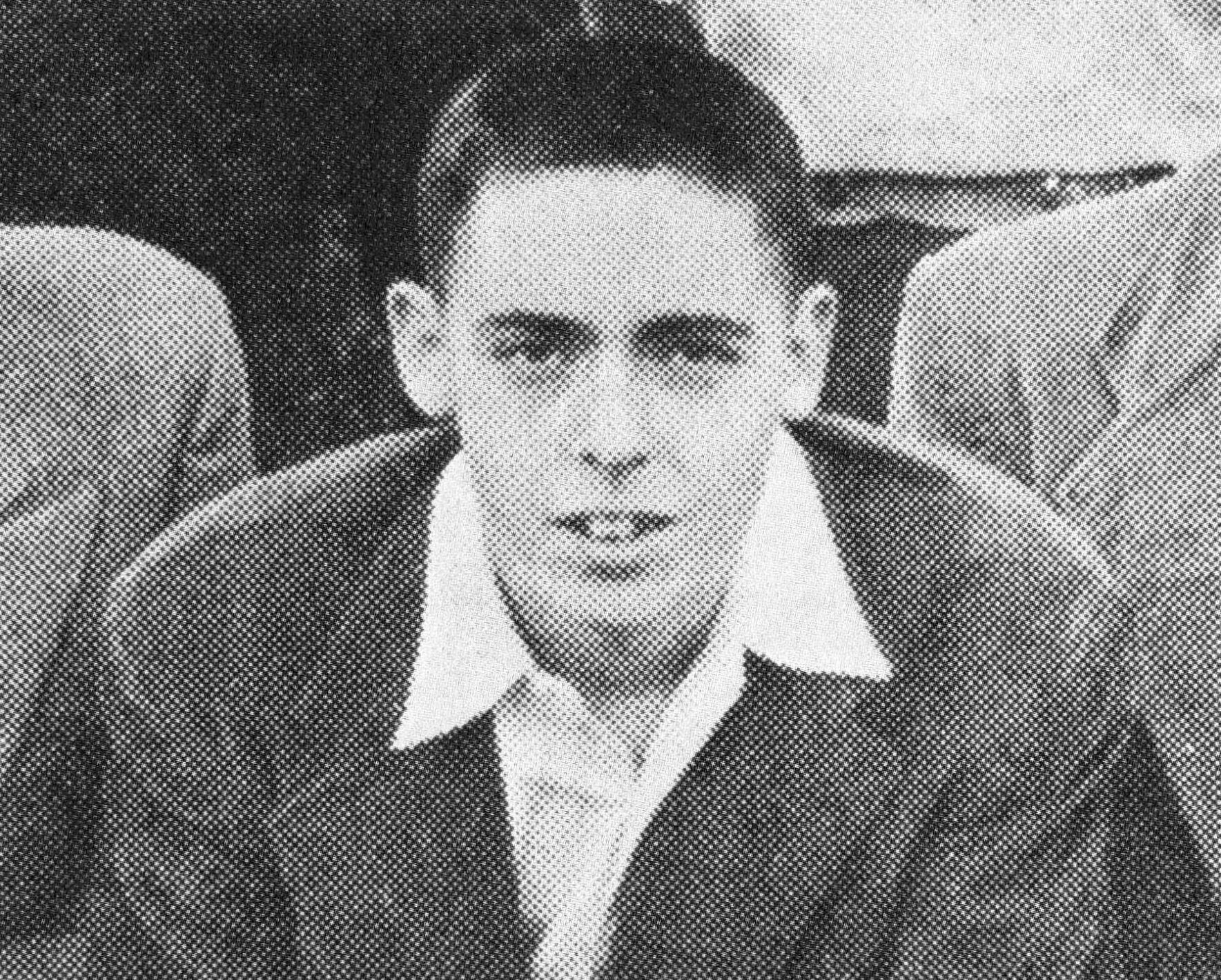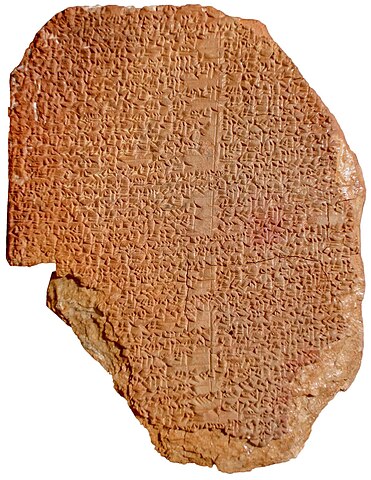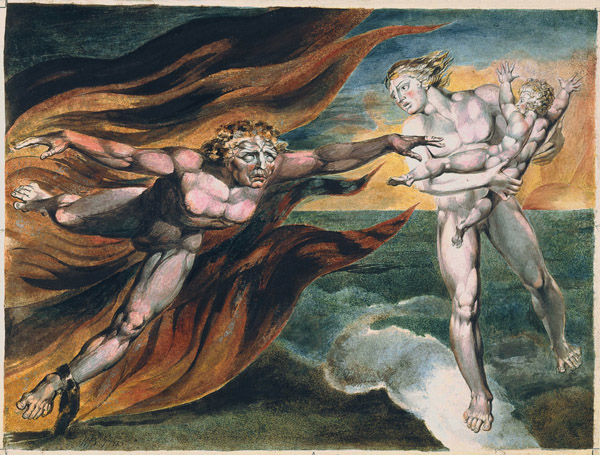There is an interesting story about science fiction author Thomas Pynchon that is a little hard to verify—because it’s probably false. But here it is anyway: the author of the book V, Thomas Pynchon, was sitting quietly in his hotel room one day waiting to meet with a publisher. Suddenly, there came a knock on the door, loudly abrasive, and the voice behind demanded an audience. It was a reporter. And he wasn’t going to leave until he got at least one picture of the famously reclusive author. Instead of entertaining this bit of mania, Pynchon instead chose to jump out of a third-story window from the hotel and into a tree. He shimmied down and ran to freedom.
Much like J. D. Salinger (or Boo Radley from To Kill a Mockingbird), when you are infamous for your reclusive nature, and you hate interviews, myths begin to pop up around your character. In today’s post, we are going to examine the life and achievements of science fiction author Thomas Pynchon.
Pynchon’s Early Years and Education
Pynchon was born as one of three children in Glen Cove, Long Island, on May 8, 1937. He would go on to Oyster Bay High School in Nassau County and graduated in 1953. Pynchon earned his bachelor’s in English from Cornell University in 1958. Afterward, he lived in Greenwich Village for a short time, crafting short stories, and eventually found work in Seattle writing safety articles for Boeing.
Thomas Pynchon’s Publishing History
He eventually turned to writing full-time and won the Faulkner Foundation Award in 1963 for his book V. Following this success, Pynchon wrote The Crying of Lot 49 (1966) and Gravity’s Rainbow (1973). He also published a collection of short stories titled Slow Learner (1984) (Britannica).
Over a decade later, Pynchon published Vineland (1990), Mason & Dixon (1997), and Against the Day (2006). His most recent novels include Inherent Vice (2009) and Bleeding Edge (2013). Regarding his “complex” novels, some sources state: “To plunge down the rabbit hole of Pynchon’s fiction is to commence a journey into an alternate world, a world—somewhat like our own but, as Pynchon put it ‘Maybe it’s not the world, but with a minor adjustment or two it’s what the world might be.’”
Examining Pynchon’s History of Reclusiveness
As stated earlier in the post, the synonymity of Thomas Pynchon and “the myth of the reclusive author” is apparent when people converse about him. Time reported that, “Almost nothing is known about the author of some of the most seminal, mysterious and generally difficult works of the 20th century fiction, and the novelist would like to keep it that way … When his 1973 novel Gravity’s Rainbow won the National Book Award, Pynchon had someone else accept on his behalf” (Time). In other words, he was not about the song and dance of writing. He was about the writing.
Moreover, it may be that this reclusiveness is a fabrication of pop culture obsession. It is very well that Pynchon just might dislike the attention from journalists, or he just might not like answering questions. Both of these are valid reasons to skip ceremony, and his privacy is probably a much less dramatic story then some would like. It is not like other writers aren’t eccentric or don’t have eccentric ideas.
As contributor to Vice David Whelan said of Pynchon’s mythos: “This is far from the truth. He’s not hiding in the woods or refusing to publish new work à la J.D. Salinger; he just doesn’t like talking to reporters. While there are only four known photos of Pynchon … he’s a vibrant prankster with his finger on the world’s pulse. He knows how to manipulate us. He’s willing to make fun of himself …”
Conclusion
We should accept a nuanced version of Pynchon because it makes more sense that a story of reclusiveness has been created around him rather than him intentionally creating the story itself because he’s a “weirdo” or an “eccentric.” As we should see it, Pynchon is just a talented writer who doesn’t care at all for the additional publicity that comes with fame. Writing, after all, takes time, and that doesn’t include the spotlight.
Works Cited
“Thomas Pynchon.” Britannica. Web.
“Thomas Pynchon.” Thomaspynchon.com. 1997-2018. Web.
“Top 10 Most Reclusive Celebrities.” Time. Web.
Whelan, David. “Thomas Pynchon and the Myth of the Reclusive Author.” Vice. Oct. 9, 2014. Web.
Discover more from The Writing Post
Subscribe to get the latest posts sent to your email.



